|
This is ingrained in us from an early age but is not innate. Even the best hunting machines in the animal kingdom by far fail more than they win. Lion versus gazelle, nine times out of ten the gazelle will get away. The lion has adapted to have enough energy from one meal to be able to keep failing. We must do the same.
What do you have the energy to fail at? Probably not something that you do not care about - an exam in a subject you hate, a job interview just to pay the bills. But what about something that you are passionate about? Music? You must fail a lot to learn an instrument and keep practising anyway. Sport? You are not going to win the World Cup without ever losing. But school and some companies gear us up to fear failure. Which ironically is the surest way to ensure failure - it is just that it will be later on. The fear that one exam will ruin your whole life will show itself again throughout your life. You are afraid to speak up in that meeting. You are afraid to change jobs even though you hate it. You are afraid to do something that you are passionate about. What is stopping you? Only the constraints that society has put on you. Surround yourself with other information. Surround yourself with positivity instead of fear and realise that failing is moving forwards. Keep trying anyway. Keep the passion. Embrace the gift of something not working out, take the lessons from it and try something else. What is the alternative? To be paralysed into inaction your whole life? Do something.
In my day job, we have a project to replace an IT system. We have the opportunity to take all the good parts from the old one and fix the bad bits. We can do this in life too.
Physically moving to a different climate, moving to a different partner, moving to a different job. But the new thing will also have other bad bits that you were not aware of at the time. In our IT system example, we have managed to fix some of the annoyances of the past but things that we thought were going to be amazing have fallen short of the sales pitch and now have become annoyances themselves. Some of them are because the new system is worse than the old one in some areas and one because although it has gotten better, the benchmarks of expectation have moved on. The same is true of our other examples. Moving to a different country? Now you complain it is too hot rather than too cold. Moving to a different partner? Now you complain they smother you with too much attention rather than being too aloof. Moving to a different job? Now you complain about the hours required rather than the salary. There is a way, however, of taking all the good parts of life and leaving the bad bits. You just need to cultivate two habits: gratitude and not complaining. Realise that the only thing in your control is your mind, then you may take a second through before taking physical action. Gratitude and not complaining sound like the same thing, but in practice, they are subtly different. Gratitude is being grateful for what you already have in the past and in the present. Not complaining is the ability to catch yourself in the moment. Gratitude is a proactive practice. Not complaining is reactive practice - the last defence - but still in your control.
The second of this weekend's link posts is from my fave, James Clear. A short and sweet excerpt, although the whole article is a quick read too:
Here’s the single greatest skill in any endeavor: doing the work. Not doing the work that is easy for you to do. Not doing the work that makes you look good. Not doing the work when you feel inspired. Just doing the work. You might not be a brilliant writer, but if you actually write something each week, then you’ll be better than most because you are doing the work. You might not be an incredible athlete, but if you never miss workouts, then you’ll be better than most because you are doing the work. You might not be a savvy business person, but if you make a point to serve your customers every single day, then you’ll be better than most because you are doing the work. Read the whole article here
Oscars usually go to someone actually doing their job - acting. People taking on roles that are different to their natural personality. I personally usually find these performances over exaggerated. Ones that would no doubt be impressive on the stage but are not subtle enough for my tastes on film. I prefer movies where for all intents and purposes the actors are just being themselves and they have been cast as such. Why force someone to act completely out of character when you could just get a different actor who is like that character?
This brings me on to personal development. If you want to be different, you can be right now. Today. The body leads the mind and the mind leads the body. Want to be more confident? Stand up tall, make eye contact longer than usual, speak to everyone you meet. These are not superpowers. Just act the way you want to be and soon you will gravitate towards this. On the flip side, do not forget your strengths. Do you think that you will continue to be great at the things you are already known for if you are distracted acting at something else? It takes time and energy to think how to be different than your natural style. What is natural though? Shyness and social awkwardness are learned, not innate. There are many examples of outgoing toddlers not afraid of anything who turn into reclusive teenagers trying to fit in. For me, as Robert Kiyosaki says, you want to be on the edge of this particular coin. Knowing what side of the coin to use at any particular time. Know what will hold you back if you do not act differently and know what you are best at. Flip the coin as often as needed.
Whatever happens is the best thing. What is the alternative? When things happen that are outside of our control then the best thing is to just think that this is the best thing. If you cannot think this is the best thing then think of three other good things to come out of the situation.
This is not being blind to reality - quite the opposite. It is understanding that our reality is made in our perceptions and our thinking. Just because something did not play out the way we wanted, it is no reason to assume it is bad. It has happened. This is all the reality of the situation. Nothing that happens is good or bad. It just has been. If it has happened, then you cannot change it. You cannot go back, only forwards, only now. Any appropriation of emotion, any labelling of good or bad is all in our minds. What is the point of thinking something is bad? You cannot change it and it is your thinking that it is bad that is making you feel the way you feel. Rather than trying to change the world around you, try focusing on your own thinking, your own emotions, your own philosophy. If you do not already think like this, that whatever happens is the best thing, then do not wait for something big and unexpected to happen. Start practicing now, whilst things are good, while you do not need it. Ignore the bad things, focus on the good. And, of course, the bad things are also the good things. What is the alternative? To make yourself miserable? Thinking that everything is bad, that the world is against you, that you cannot do anything about it? Let go of outcomes. You are not in control of these. Inputs are out of your control, but you could still get stopped from physical actions today. Thinking is the only thing that is in your control. Treat it with the special attention it deserves and train this muscle. The second of this weekend's link posts is some timely advice from Ayodeji Awosika on focussing on what you are rather than what you are not. Stop letting them distract you. No watching news this week. Do something that matters instead. Write the draft, lift the weight, call the potential customer, paint the picture, spend time with the loved one, serve the community, love the neighbor, care for yourself, seize the opportunity. No focusing on what you aren’t. Focus on what you are — capable, resilient, human. No outrage over the latest scandal. Focus on what you can control — your attitude, your action, your own moral fortitude and example set for others. Maybe I went a little deep with this one, but what I see today appears to be a classic magic trick… How does a magician trick you? He misdirects you. He draws your attention to his distraction while the real trick is happening elsewhere. Don’t let the current climate of society trick you. While you’re focusing on what to be mad about you’re missing out on all the good the world has to offer. Read the whole article here Marcus Aurelius, as all the Stoics did, practices thinking of fame and high office as something to be put in its correct place, rather than something of importance. Even ambition itself to them is seen as something to be avoided. Why is ambition seen as good in our society now? Presumably, it was in Roman times too, which is why the Stoics had to practice avoiding it. If you are an ambitious male, it is probably an attractive trait to your partner. Can you work towards anything in the future without ambition? If we are to despise the future and embrace the present, then surely, we would never even move from our current place of rest. It is easy to see why courting fame should not be seen as a good thing. All your freedoms will be gone. All your money wasted in the premiums of privacy just to get the same liberties as anyone else. Paying thousands per night for a hotel room that you are then trapped in. Unable to go to the shops to get some mil without being pursued. But what of more noble ambitions? What of calling? Marcus also laments of himself being lazy staying in bed. If he has no ambition or ambition is bad, then why is staying in bed so bad? Is working towards something bad? The work itself is in the present. Only taking the mind too far into the future is undesirable as it takes away from actually doing the work. Great ambitions, those that run away with a person, to win at all costs, those are easier to see that they should be avoided. But to want to be the best version of yourself? Surely there can be no better ambition. The only better one perhaps is to help others as much as possible but to do that we must look after ourselves first.
There is lots online about the Navy Seal 40% rule. When you think you are done, you are only 40% done and there is lots more you can give.
I ran a 10k race on Sunday and was at a fine pace all the way through not to bother me. Not going for a quick time, just jogging around and chatting with friends. I have done half marathons before and my friends have done full marathons and ultra-marathons. The 10k distance should have been a nice jog all the way around, but we all found that just seeing that 9km marker made it instantly harder. Your mind starts to say, 'come on only another 1km to go, push on through.' My body started to tense, and I found myself willing myself to get to the finish line. Before seeing the sign that we only had 1km to go, everything was fine - I could have gone on for ages. If I had not seen the sign I know, as I have done hard marathons, that I can do about double the distance at the same pace. Knowing that I was near the end caused my mental process to get interrupted, my body to react and everything got more difficult. Training where you do not know where the end will be is mentally tough. This is what they train for in the special forces and this is the right training to do. Where in life do you know where the end is? Only in manufactured environments. School - exam. Race - finish line. Work - clocking off time. Real life, the middle bit in-between your twenties until you die does not have clearly marked waypoints. You know neither whether you are headed in the right direction or how long you will be out here for. Not much trains you effectively for this apart from Stoicism. Having the mental capacity to keep going and doing the right thing is the thing that life demands but is not formally taught. Unless you seek it out and push yourself you might be able to keep going, but are you going in the right direction. Or you might be going in the right direction and give up before you get there.
Because it is personal. Other people do not know your goals or where you want to get to. Plus, are they much better than you? Do they have their own shit together? Are they saving enough for retirement? Are they working on multiple streams of income? Are they seeing their husbands and kids enough?
Even if so, do you trust them to put you first, or are they giving you things to work on that will benefit them rather than you? Even if, and that it's a big if to get to this point, all the above is true or irrelevant, are they any good at assessing what change will make a difference for you? You can waste a lifetime trying to change based on other people's feedback, only to get conflicting feedback when your boss changes, you move department or change company to a different culture. Gary Vee, as always, has a great way of thinking about other people's opinions in that he cares deeply what other people think and at the same time does not care at all. How I see this is to care enough to listen but not to let it overcome who you are. You need other people's feedback to become self-aware but should not accept it carte-blanche or to act on it before assessing if you want to change in that area. If Janet says you are too loud, it is not to be crippled by the thought, 'everyone thinks I am too loud, I need to be quieter.' It is just simply knowing, 'hmm, in the past, some people have found me too loud in certain circumstances. Do I want to work on this or not?'
It is okay to not have an opinion. Why busy yourself with trivia? There is someone in my extended family that knows lots of general knowledge and has appeared on and won a number of particularly difficult TV quiz shows. But even to look at him, it is clear that knowledge is not helping him. He is massively overweight. How can someone "intelligent" that has the ability to retain knowledge let himself get that way?
Is he actually intelligent at all? A conversation with this man is, at its most benign, a bore and, at its most frustrating, a series of one-upmanship about a random subject of his choosing. Who cares? Just ask Siri, Alexa, Google. How much longer are humans going to be praised for just remembering things and regurgitating them in computer like fashion? Hint, in the real world - not long. In school, probably much longer than is useful or necessary. The only way to be able to accumulate value (wealth) is to give value. If your main source for income is solely predicated on how much you know, how much you remember, on which rules people should be following, then you will soon lose your income to a cheaper human or ultimately to a computer. With globalisation and the internet, it is easy and much cheaper to employ a version of you in Eastern Europe, India or Thailand (currently). The countries will change, but the trend will not. Work will move country by country and what will you do? Soon anything that is "unskilled" enough will be done by computers and systems entirely. And unskilled is not factory workers, they have already gone. This will be accountants, lawyers, admin assistants. Why do we need humans for these jobs? Just feed in the right stuff and the right stuff will come out the other end. |
Archives
August 2020
Categories
All
|
MeeTime Copyright © 2016
*Goldman Sachs, Rolls Royce, Nielsen, Molson Coors, DXC Technologies, Hewlett Packard Enterprise and their respective logos are trademarks and are in NO WAY affiliated, endorsed by or associated with MeeTime.
MeeTime Ltd is a participant in the Amazon Services LLC Associates Program, an affiliate advertising program designed to provide a means for sites to earn advertising fees by advertising and linking to Amazon.com.
*Amazon and the Amazon logo are trademarks of Amazon.com, Inc., or its affiliates.
Additionally, MeeTime Ltd participates in various other affiliate programs, and we sometimes get a commission through purchases made through our links.
*Amazon and the Amazon logo are trademarks of Amazon.com, Inc., or its affiliates.
Additionally, MeeTime Ltd participates in various other affiliate programs, and we sometimes get a commission through purchases made through our links.

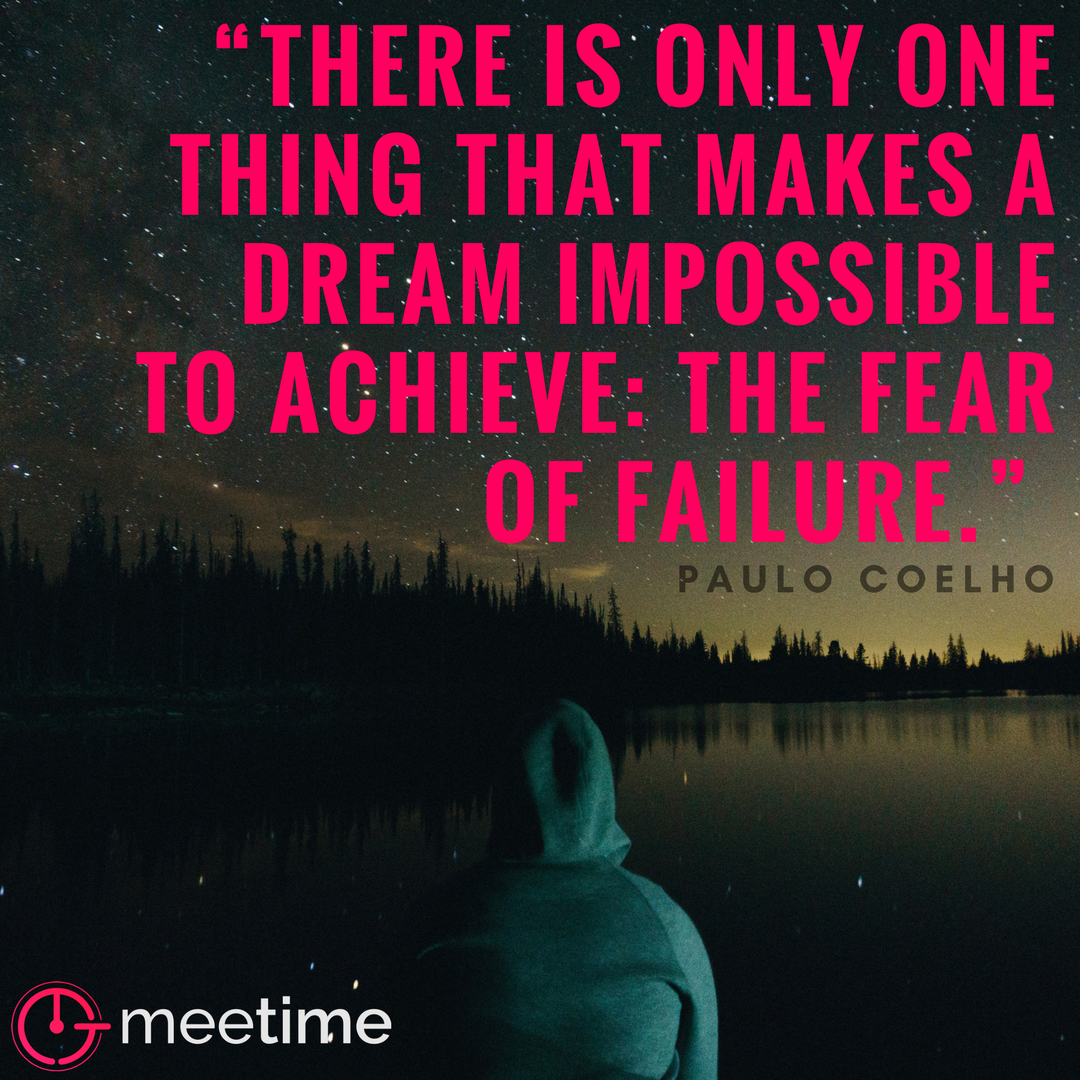



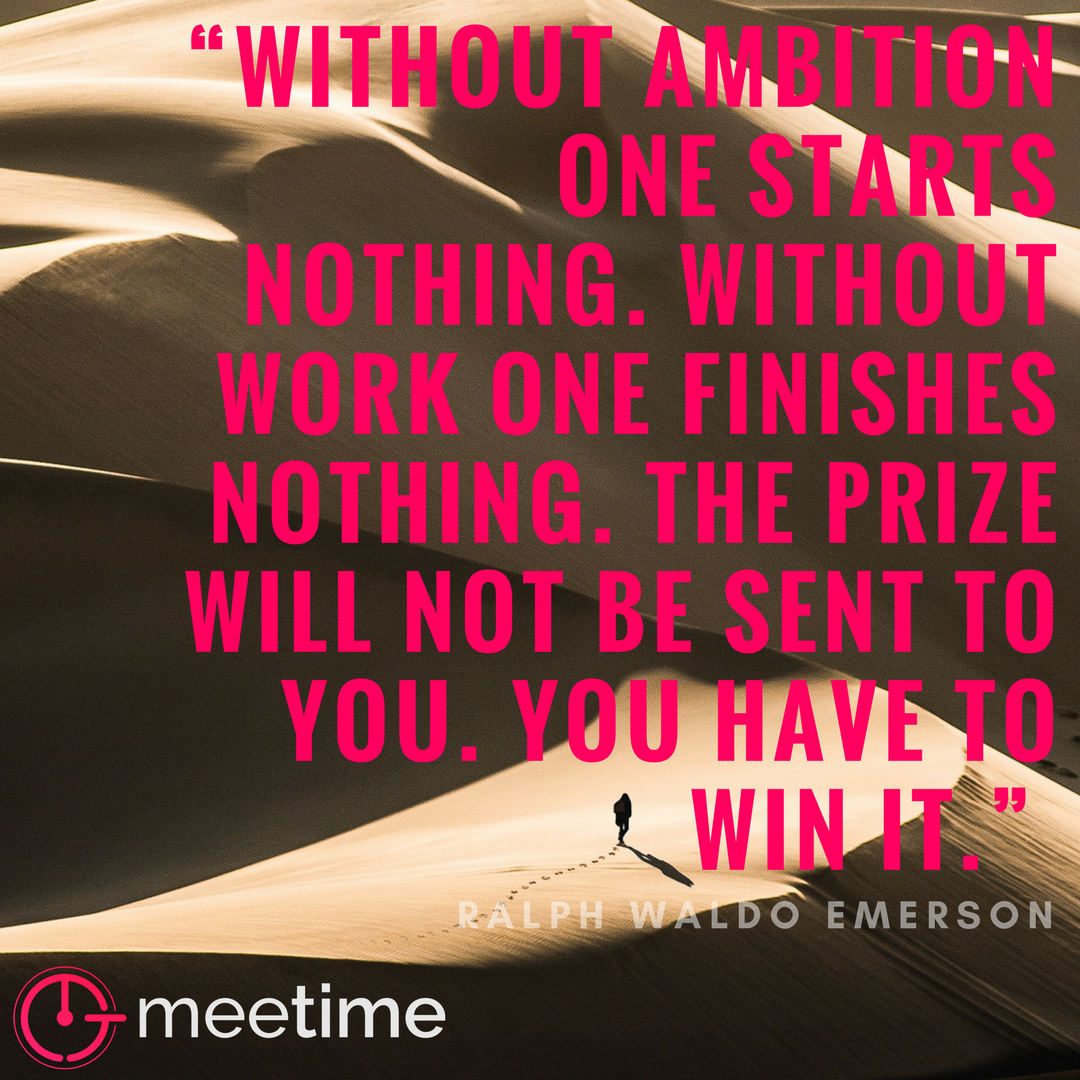

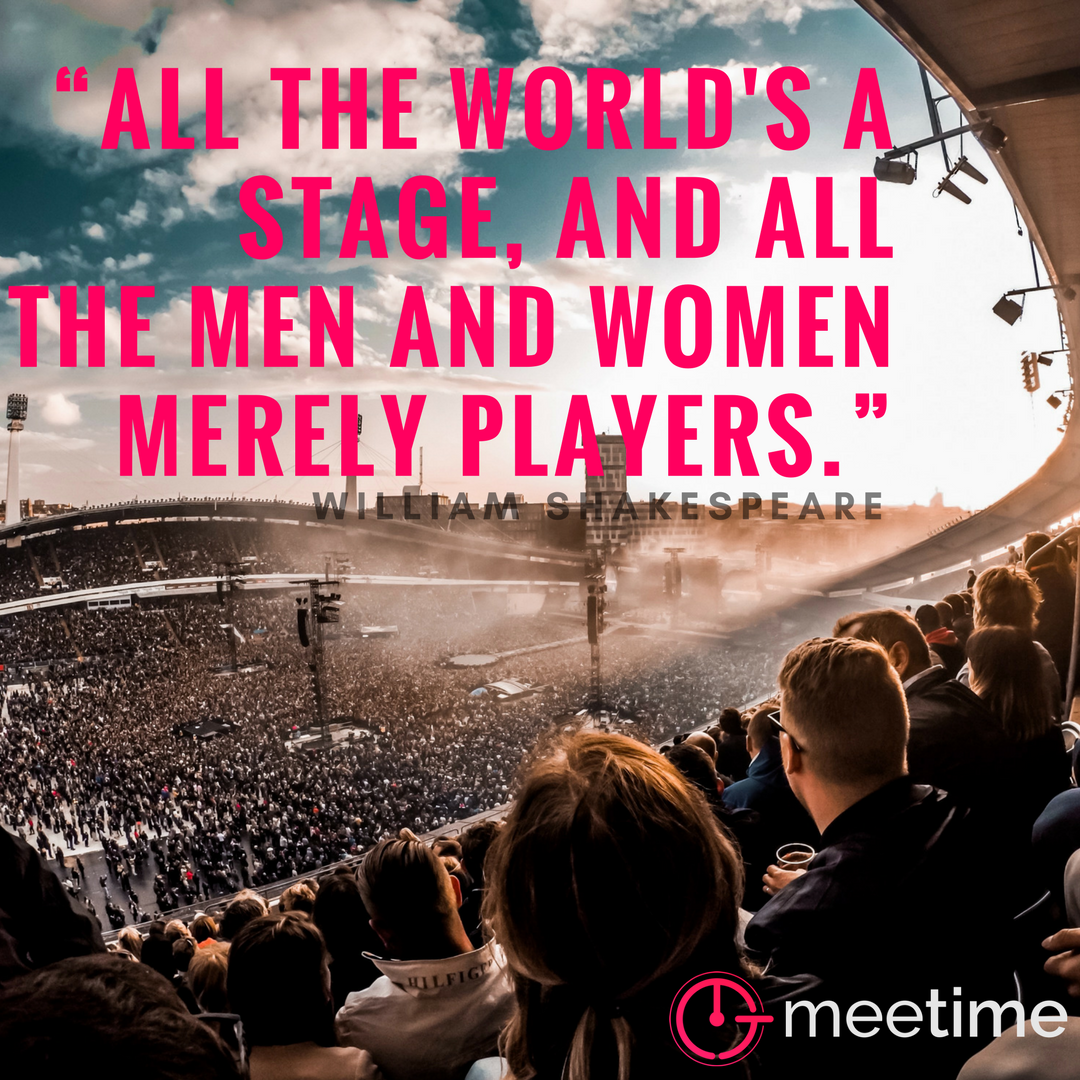

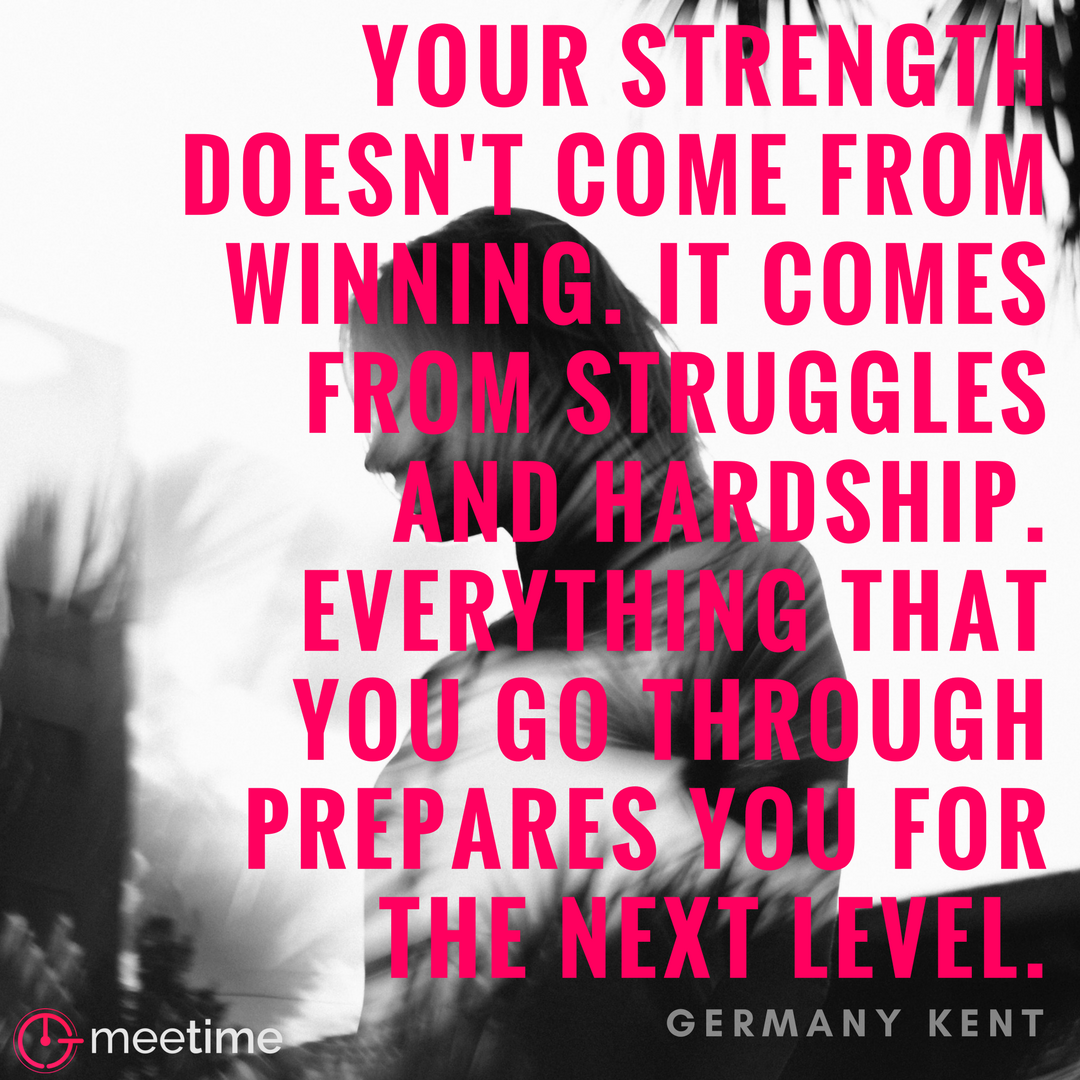

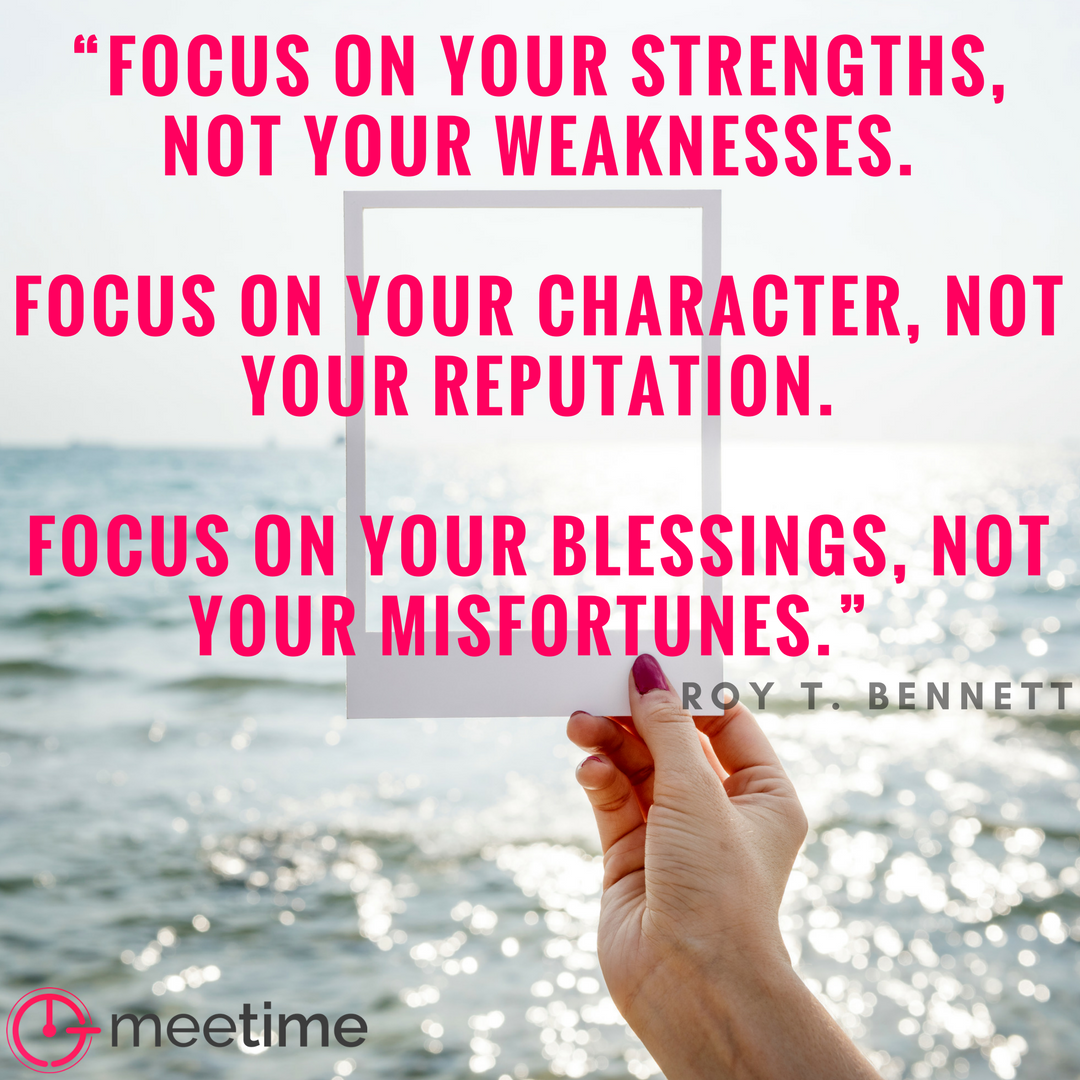

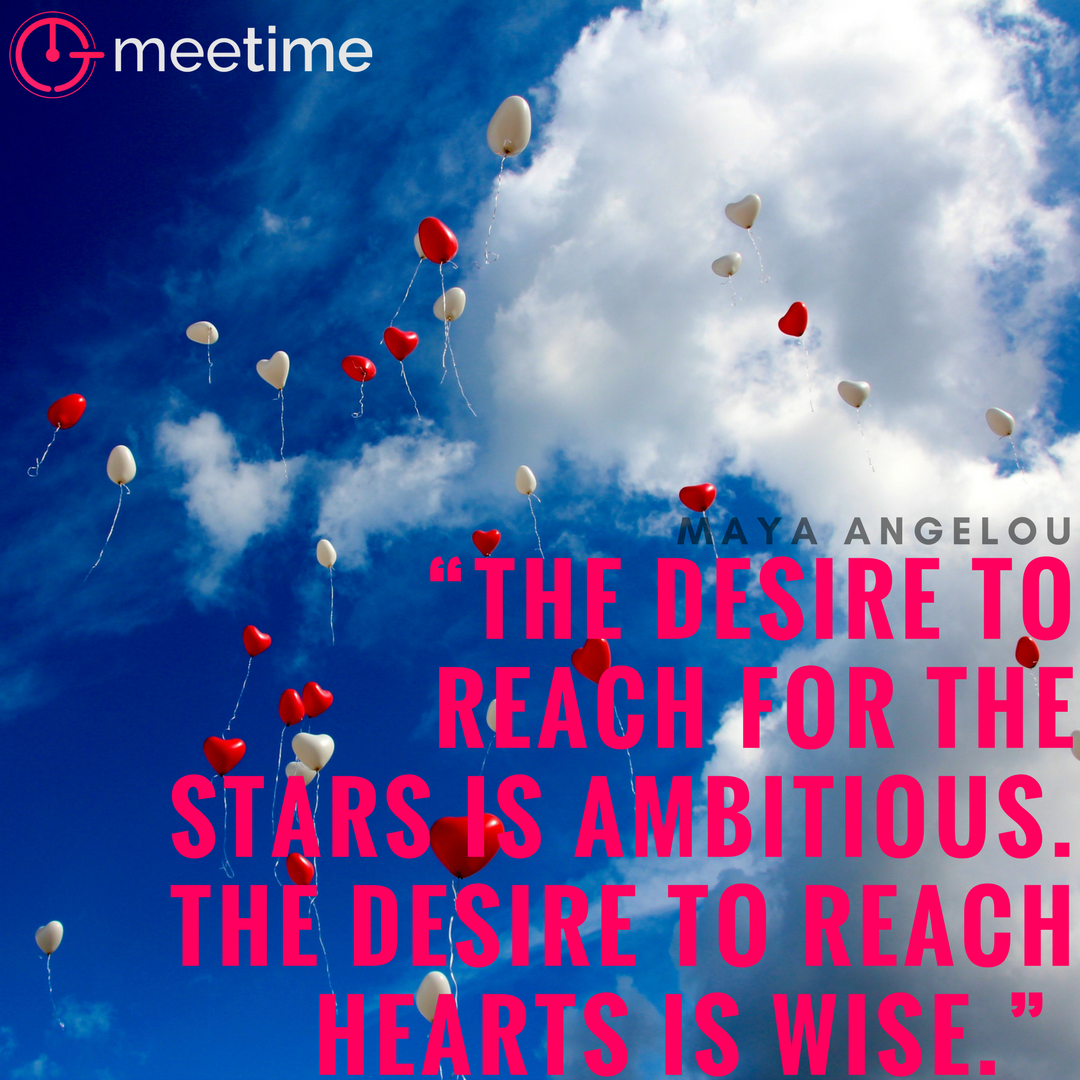

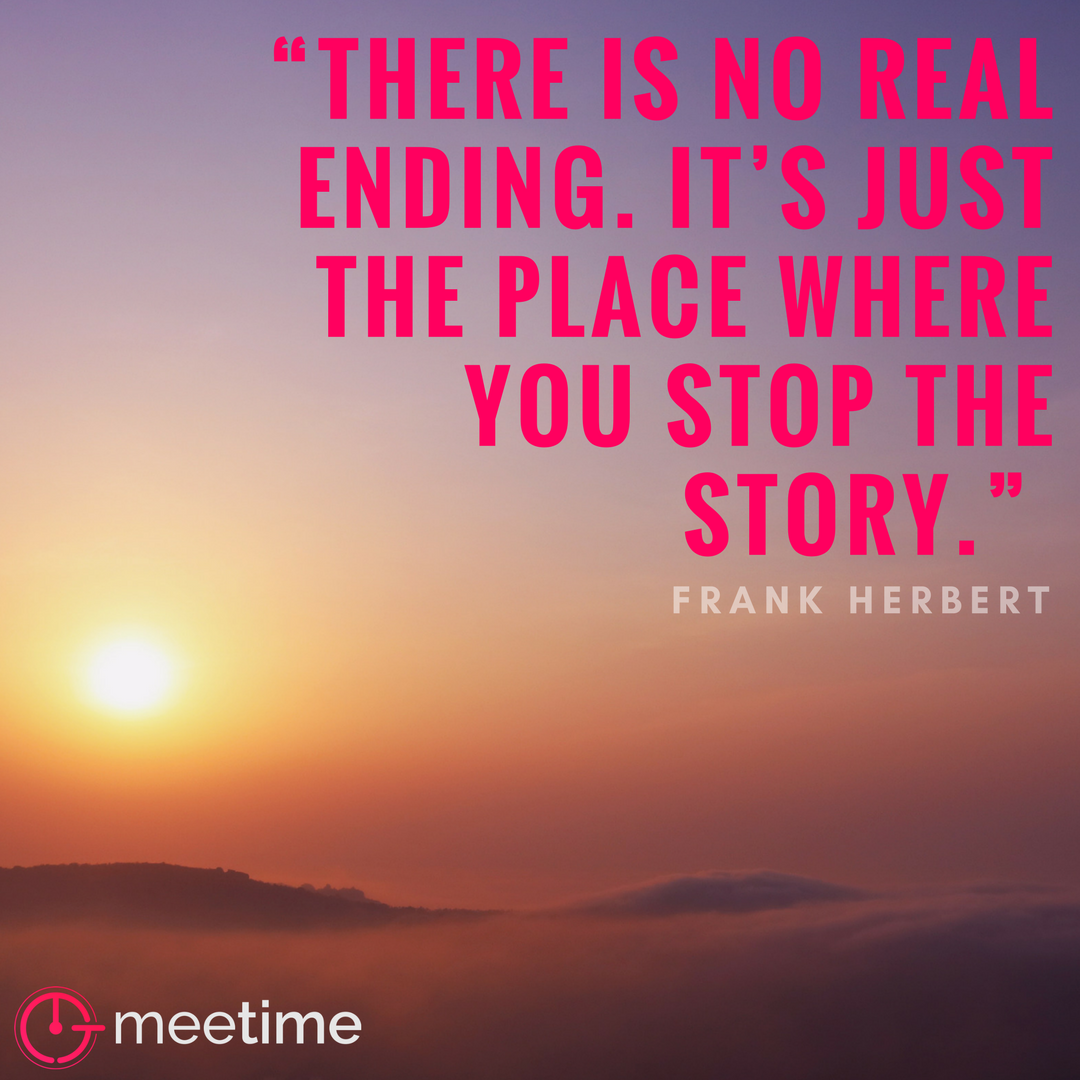

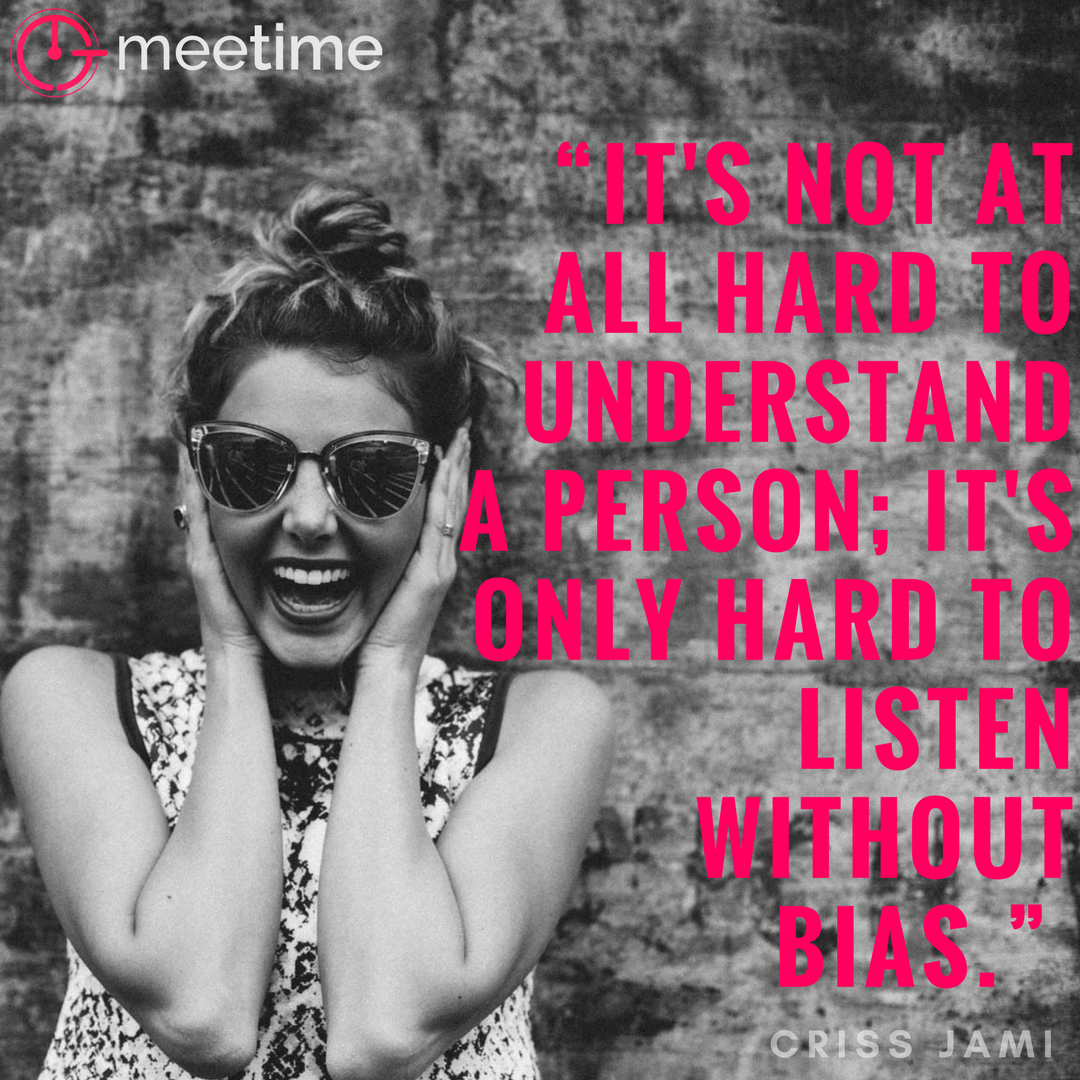



 RSS Feed
RSS Feed